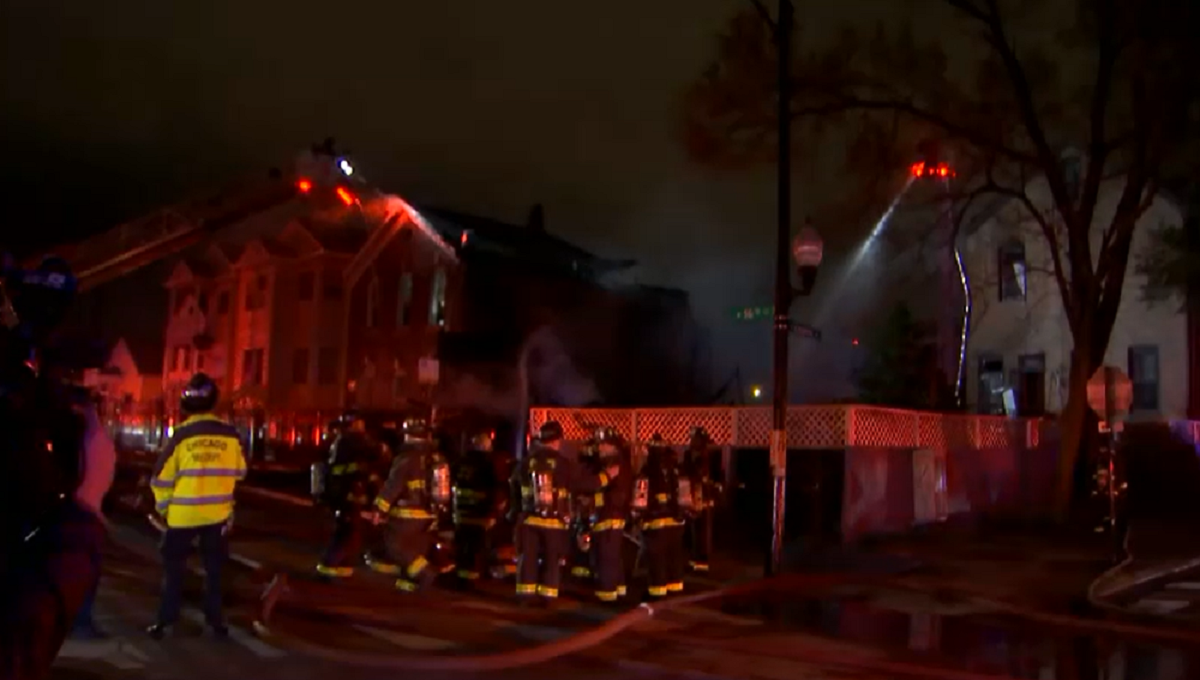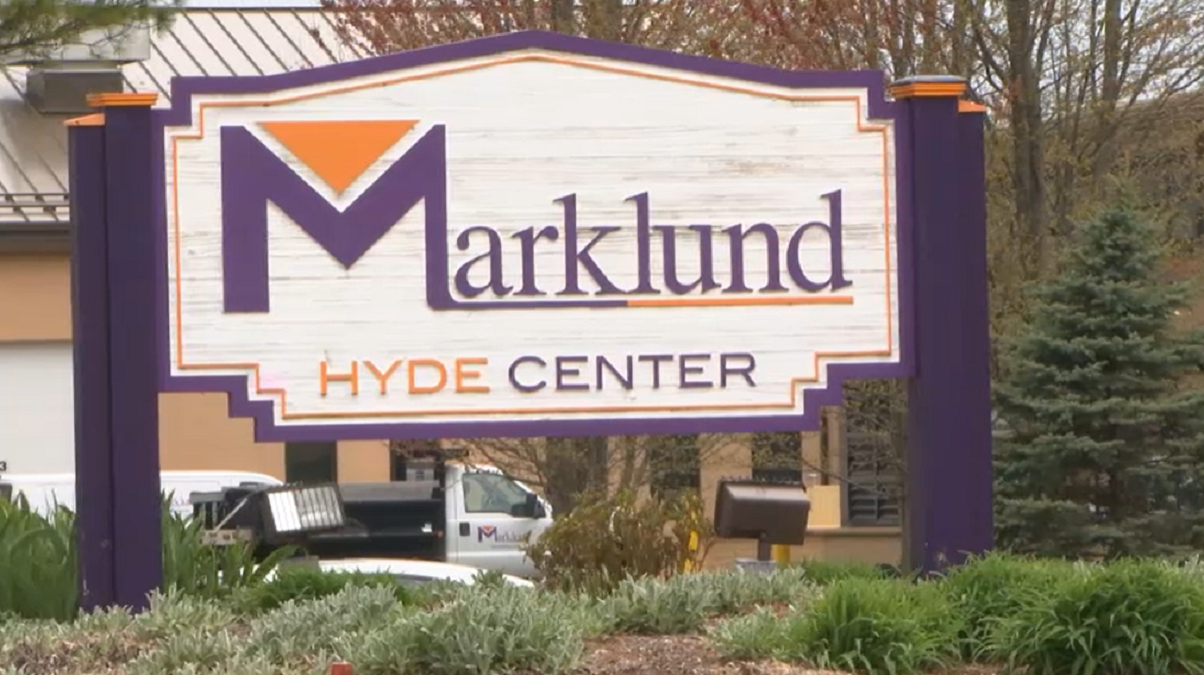Healthcare workers at University of Illinois Chicago Hospital are joining hundreds of Illinois nurses on strike Monday, alleging unfair labor practices as contract negotiations stall.
SEIU Local 73, the union that represents technical, clerical and maintenance healthcare workers, said they asked for more protection from COVID-19 and better pay.
"UIC continues to drag its feet when it comes to COVID-19 protections and economics," the group said in a statement. "Though SEIU Local 73 has had positive discussions about a $15/hour minimum wage, UIC has not agreed to fully comply with Chicago’s minimum wage law, nor have they promised the resources and protections needed to keep UIC workers, their families, and the community safe."
The group announced plans to strike Monday with a rally planned for the afternoon.
“We’ve been exposed from day one. They don’t care," said SEIU member Lalo Lechuga.
UIC said it was "disappointed" to learn of the strike.
"We greatly value and respect our SEIU colleagues and the critical roles they play in our campus community, which is why we have worked hard to seek a fair and fiscally sound agreement," officials said in a statement. "It was important to us to retain and pay all staff throughout the pandemic, even those whose roles were partially or fully diminished while some routine operations were suspended."
Local
Negotiations, they said, have been ongoing since at least May but have not been able to reach an agreement.
The group of healthcare workers is set to join more than 800 nurses who hit the picket lines Saturday after marathon negotiations failed to yield a new contract between the nurses’ union and University of Illinois Hospital officials this week.
The Illinois Nurses Association, which represents more than 1,400 nurses at the hospital, announced that a seven-day strike would commence at 7 a.m. Saturday, with at least 800 nurses expected to picket during the first day of the work stoppage.
The union is demanding increased access to personal protective equipment in the midst of the ongoing coronavirus pandemic, reductions in the number of patients under the care of each nurse, and an increase in pay, among other contractual demands.
The University of Illinois Hospitals filed a lawsuit attempting to stop some critical care nurses from picketing, and according to a judge’s ruling, some nurses will be required to continue working. A temporary restraining order issued by the judge applies to 535 of the approximately 1,400 nurses working in the UIH system, but only impacts 118 nurses at a time, according to officials.
Officials with UI Hospital and Clinics say they are “disappointed” that an agreement could not be reached.
“We remain committed to addressing key issues and believe much can be resolved through further dialogue,” according to a statement. “We have offered to meet this weekend and next week for as long as it takes to resolve the outstanding issues, and to reach a fair and equitable agreement.”
According to a press release, officials have contacted an agency to onboard more than 600 nurses and health care professionals for help during the strike.
But SEIU Local 73 union leaders claims that UIC has brought in workers from states on Chicago's travel order to cross the picket lines.
“UIC is bringing in workers from states with higher COVID-19 transmission rates to break a strike from a workforce complaining that management risks worker and patient lives due to inconsistent COVID-19 safety protocol enforcement, “ Dian Palmer, SEIU Local 73 president, said in a statement. “We want to come to an agreement that is fair and just for UIC workers, but we’re also ready to strike. UIC workers are not only fighting for their livelihoods, but for their lives, the safety of their families, and the communities being served.”



